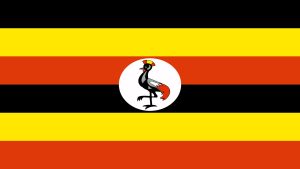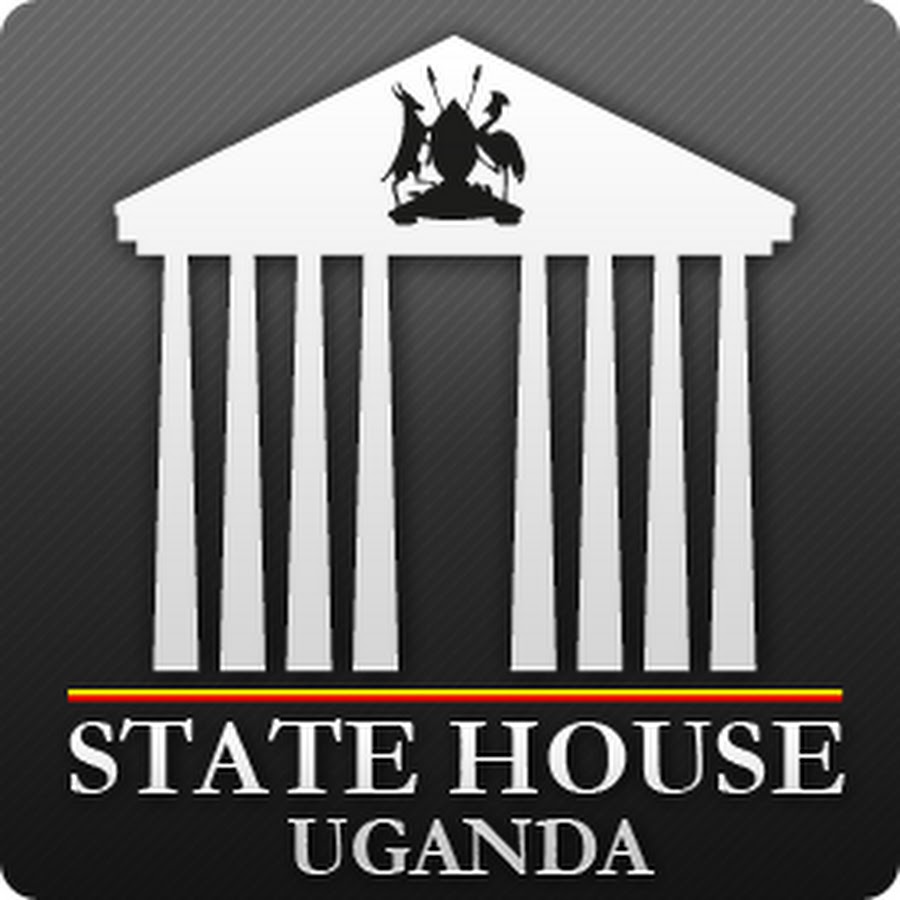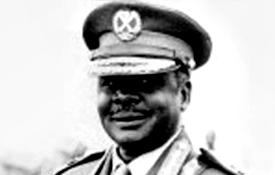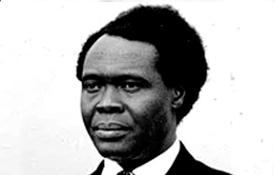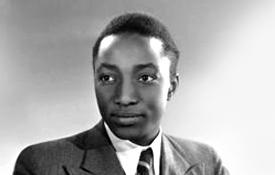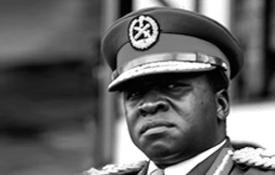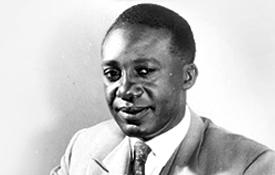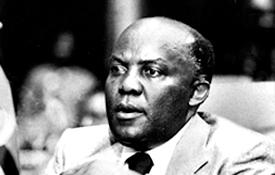Born in Nam Okora, Kitgum district in 1914, the year in which the First World War began, Tito Okello was destined to be a soldier right from the word go.
In 1940, aged 26 years, he joined the Kings African Rifles (KAR), the regional colonial army at the time. This was around the same time that Idi Amin too joined the force. As the case was, he was moved to Kenya and battled the Mau Mau uprising-a Kenyan movement that was fighting for independence.
Tito Okello later joined the Uganda Army as the country got independence. He soon rose to the rank of Lt of the Uganda Army in 1962 and by 1968, he had risen to the rank of Colonel. At the time, he was one of the highest ranked soldiers in the country.
When Obote was overthrown by Idi Amin, Tito Okello narrowly survived being captured by Amin`s henchmen and killed. He managed to sneak out of the country through Masaka-Mutukula and into Tanzania.
In Tanzania, he was among the top commanders who organized the Ugandan exiles into a force that finally overthrew Idi Amin in 1979.
After the war, he became part of the Military Commission, the supreme body that was composed of former exiles that led the country soon after Amin`s overthrow. He was named Army Commander, a position he held for some time.
Through the early 80s, he was part of the UNLA forces that fought various insurgences including the National Resistance Army (NRA) in Luwero Triangle. He was promoted to Lt-General in 1984, partly as a bid by then President Military Obote to stop a division within his army-between the Langi and Acholi.
Serious divisions broke out within their ranks because of the heavy casualties that the UNLA soldiers were suffering at the hands of the NRA. The Acholi accused their Langi counterparts of doing nothing serious to fight the NRA. On top of that the earlier appointment of Brigadier Smith Opon Acak, a junior officer to the position of Chief of Staff, replacing late Major General David Oyite Ojok did not go down well with the Acholi officers.
Subsequently in early 1985, they mobilized their forces and camped in Gulu. In early July, they started their march to Kampala, briefly fighting off Langi soldiers at Karuma, before capturing power on the morning of July 27, 1985. Immediately, they named General Tito Okello as President of the Military Council, but his was not a very easy Presidency.
There was a lot of chaos across most of the country. His army was battling several rebel groups and the economy was completely dead. Lutwa tried to forge reconciliation by inviting the warring factions back home. Some of them like Colonel Isaac Nkwanga’s FEDEMU, Andrew Kayiira`s Uganda Freedom Movement and Moses Ali’s FUNA agreed to join the new dispensation, however the largest guerrilla group, the NRA refused to come on board.
In November, peace talks between the Military Junta and the NRA/M started in Nairobi. An agreement was soon signed but it became apparent that it was not going to work since fighting continued, as abuse of human rights skyrocketed. By late December, the NRA had cut off most of the South and West of the country, advancing as far as Mpigi.
On January 26, Tito Okello was overthrown. He went to exile in different countries including Kenya, Tanzania and several in Europe before his death in 1996, aged 82 years. Tito Okello was married to Esther Okello. Years later, one of Tito Okello’s sons Okello Oryem served as Minister in the NRM government. He is buried in Kitgum.
